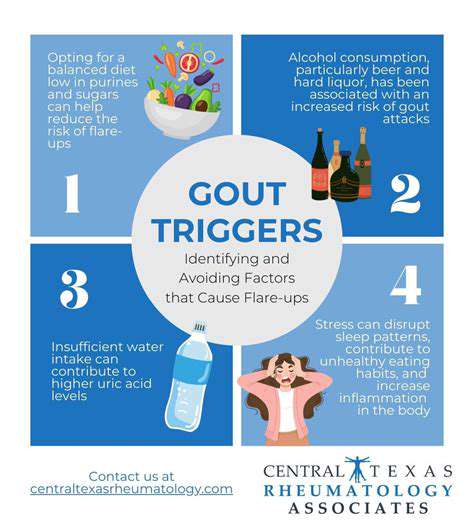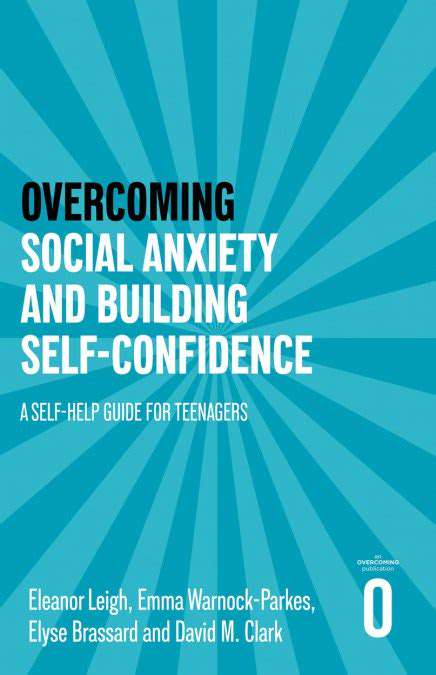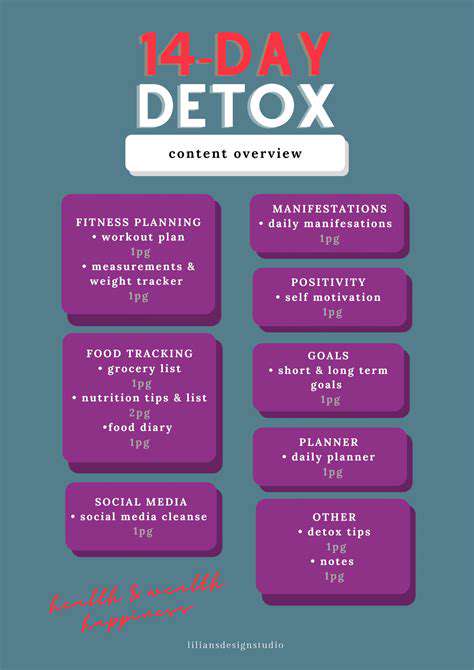Understanding Psoriasis and Effective Management Strategies

Effective Treatment Options Beyond Medications

Pharmacological Interventions
Pharmacological interventions are crucial in managing various conditions, offering a targeted approach to address specific symptoms and underlying causes. Medication plays a pivotal role in stabilizing patients and improving their overall well-being. Different medications are designed for different purposes, and a doctor will carefully consider the patient's individual needs and medical history when prescribing them. This approach often involves a combination of drugs to achieve optimal results, tailored to address the unique characteristics of each case. Medication compliance is also a vital aspect of treatment success, requiring patients to follow prescribed dosages and schedules diligently. Proper adherence is essential to maximize the efficacy of the treatment and minimize potential side effects.
Furthermore, advancements in pharmacology have led to a wider range of medications with improved efficacy and reduced side effects. These advancements allow for more targeted interventions, leading to better outcomes and a higher quality of life for patients. Continuous research and development in the field of pharmaceuticals continue to provide hope for even more effective and safe treatment options in the future.
Lifestyle Modifications
Lifestyle modifications are often overlooked but can significantly impact overall health and well-being. Adopting healthier habits can help manage various conditions and prevent future complications. This approach often involves dietary changes, such as incorporating more fruits, vegetables, and lean proteins into the diet while reducing processed foods and sugary drinks. Regular physical activity, such as exercise, is also essential for maintaining a healthy weight and improving cardiovascular health. Adequate sleep is equally important for the body's natural restorative processes, allowing the body to repair and recharge effectively.
Stress management techniques, such as meditation or yoga, are also crucial for overall well-being. Managing stress effectively can help mitigate various health issues and improve mental clarity. These techniques can help patients cope with daily challenges, promoting better emotional regulation and reducing the risk of chronic stress-related illnesses. By incorporating these lifestyle modifications into daily routines, individuals can enhance their overall health and well-being, leading to a more fulfilling and productive life.
Complementary Therapies
Complementary therapies, such as acupuncture, massage therapy, and herbal remedies, have been used for centuries to promote healing and well-being. These therapies often work by addressing the root cause of the problem rather than just treating the symptoms. Acupuncture, for instance, involves inserting thin needles into specific points on the body to stimulate energy flow and reduce pain. Massage therapy can help relax muscles, reduce tension, and improve circulation.
Herbal remedies, when used correctly, offer a natural approach to managing various health concerns. However, it's crucial to consult with a qualified healthcare professional before incorporating any complementary therapy into a treatment plan. This ensures safety and avoids potential interactions with other medications or underlying health conditions. These therapies are often used in conjunction with conventional treatments to provide a more holistic approach to patient care. These therapies are often used in conjunction with conventional treatments to provide a more holistic approach to patient care.
Interdisciplinary Collaboration
Interdisciplinary collaboration is essential for comprehensive patient care, bringing together various healthcare professionals to develop a personalized treatment plan. This collaborative approach enables a holistic understanding of the patient's needs, considering physical, emotional, and social factors. A team of doctors, nurses, therapists, and other specialists can work together to ensure that all aspects of a patient's health are addressed. This approach can be particularly valuable in treating complex conditions that require expertise from multiple fields.
By fostering communication and collaboration, healthcare professionals can develop a treatment strategy that addresses the patient's specific needs and circumstances. This approach fosters a sense of partnership between the patient and their care team, promoting a more positive and supportive treatment experience. This integrated approach allows for a more nuanced understanding of the patient's condition, enabling healthcare providers to create a treatment plan that is truly effective and well-rounded.
Read more about Understanding Psoriasis and Effective Management Strategies
Hot Recommendations
-
*Guide to Managing Gout Through Diet
-
*Best Habits for Financial Well being
-
*How to Build a Routine for Better Mental Health
-
*How to Eat Healthy on a Budget [Tips & Meal Ideas]
-
*Guide to Practicing Self Acceptance
-
*How to Incorporate More Movement Into Your Day
-
*Guide to Managing Chronic Pain Naturally
-
*Guide to Building a Reading Habit for Well being
-
*Top 5 Weight Loss Supplements That Actually Work
-
*Best Exercises for Postpartum Recovery [Beyond Abdominal Work]










![Guide to Heart Health for Women [Unique Risks & Prevention]](/static/images/26/2025-05/BeyondtheBasics3AAddressingSpecificConcerns.jpg)
